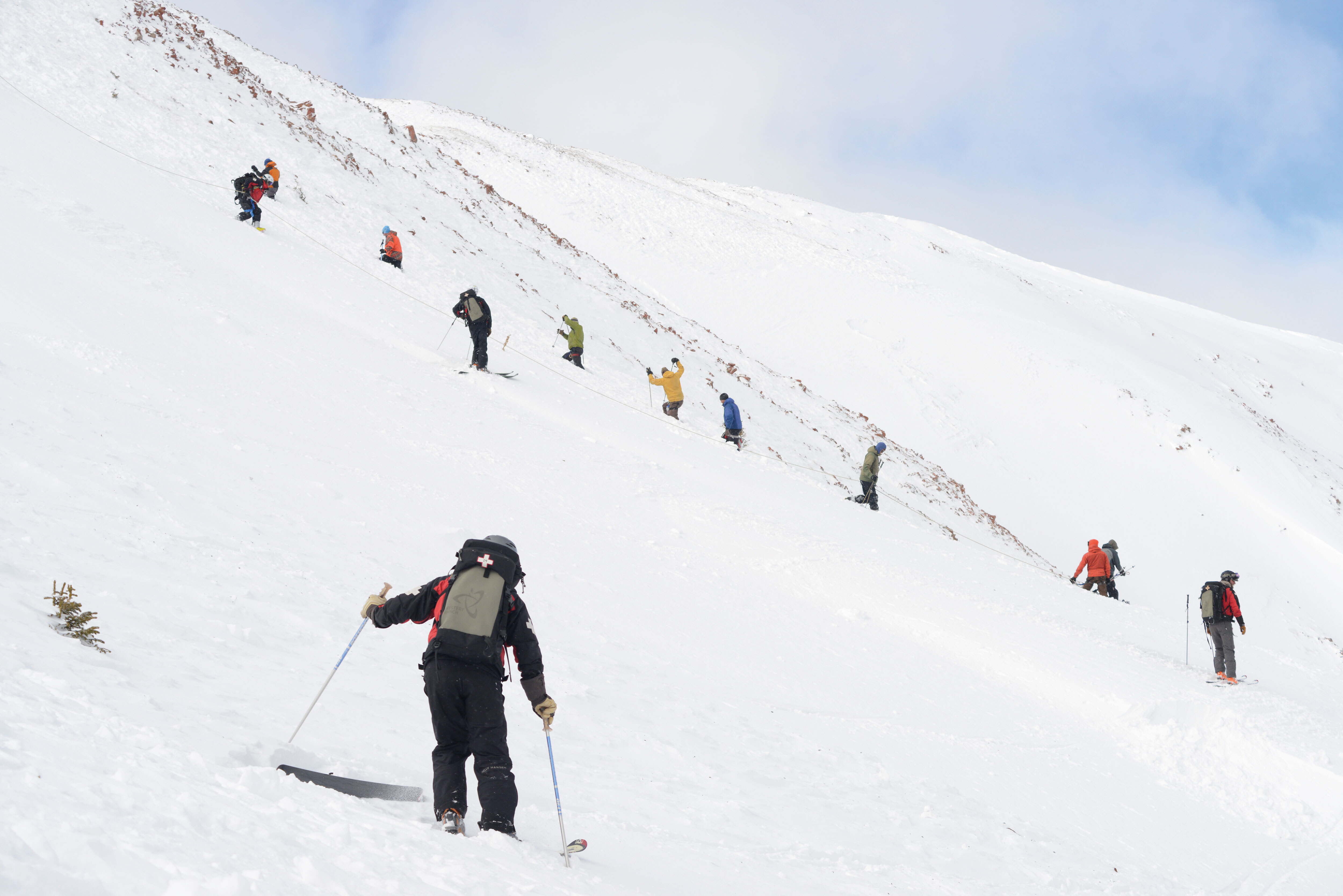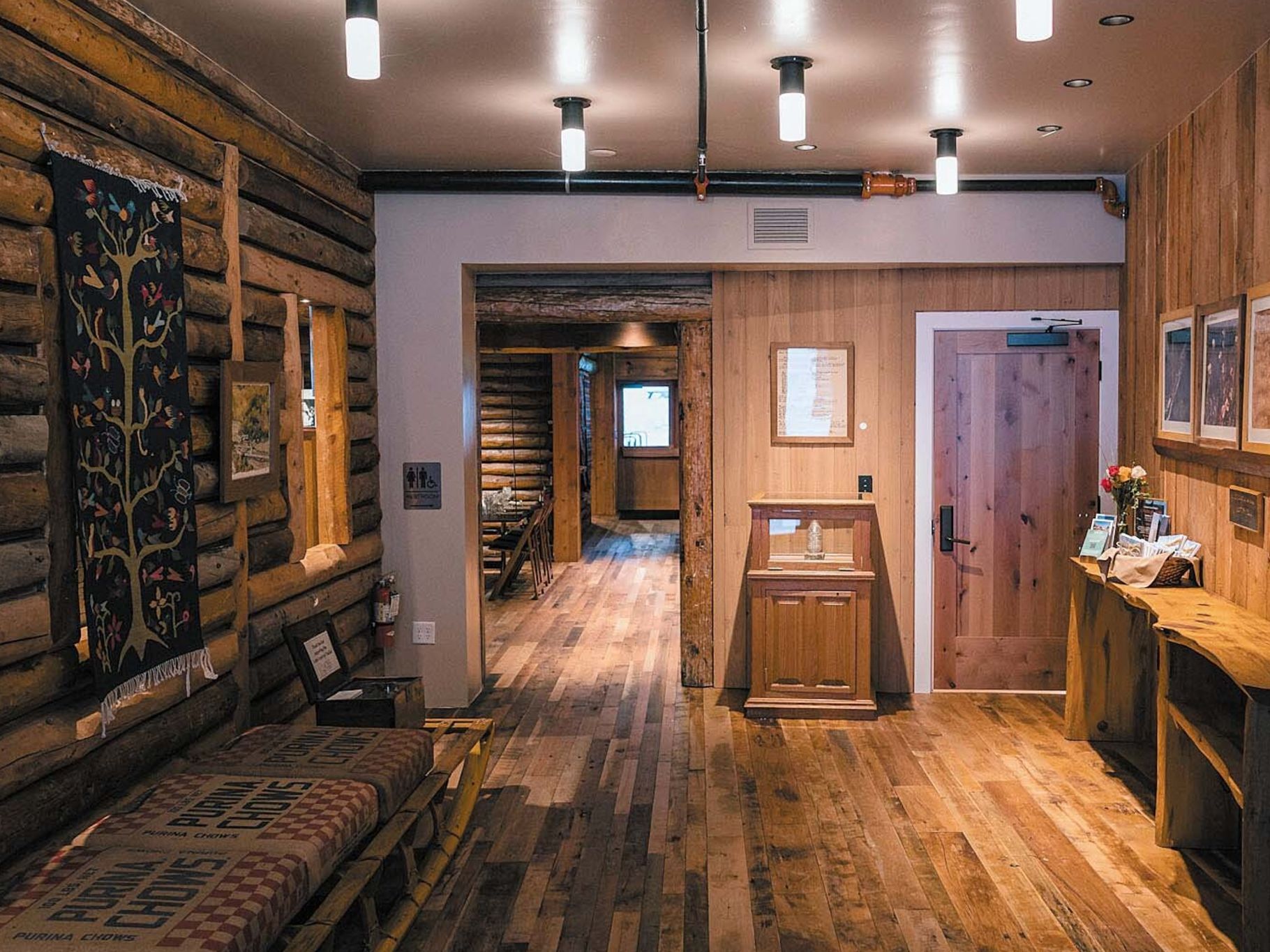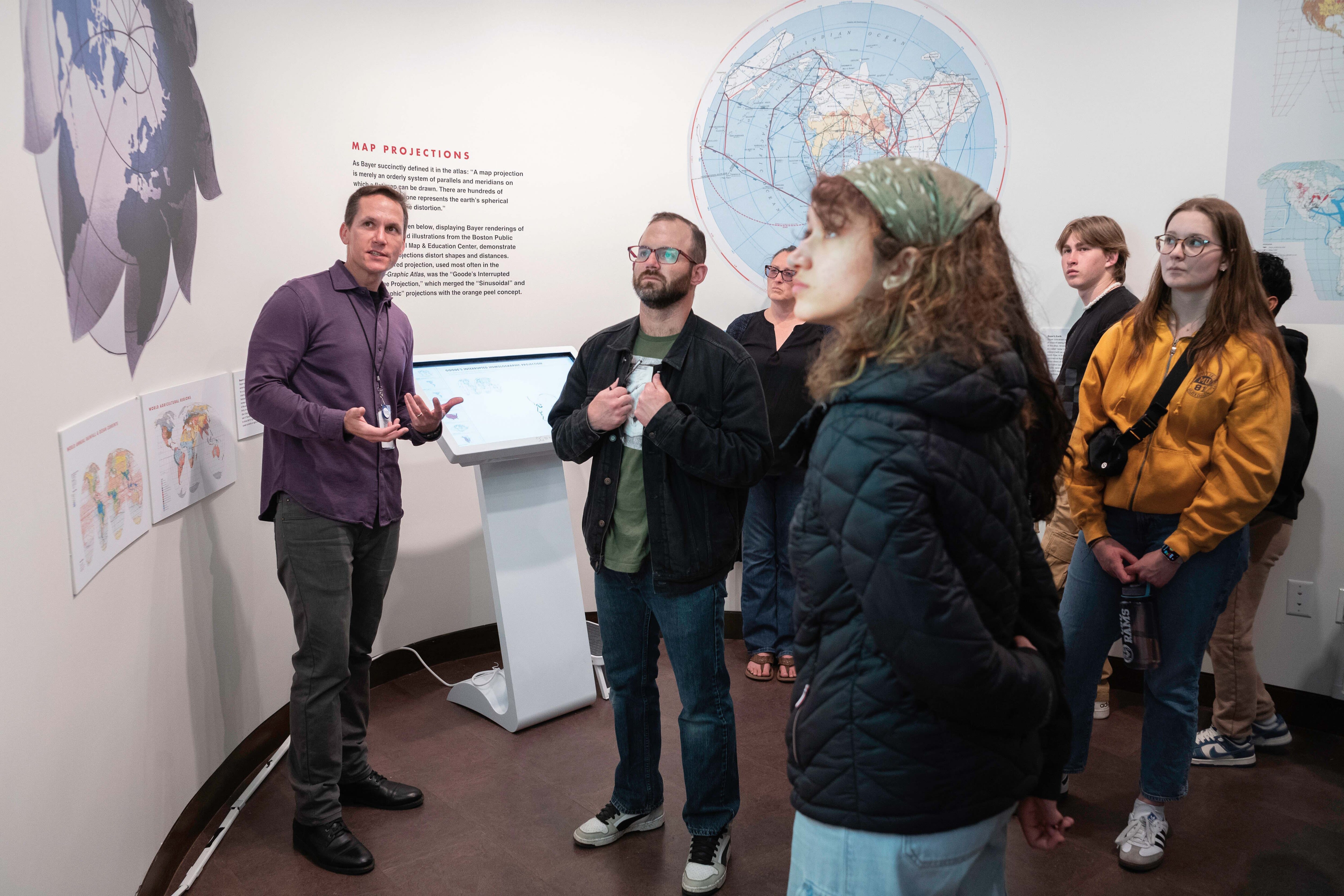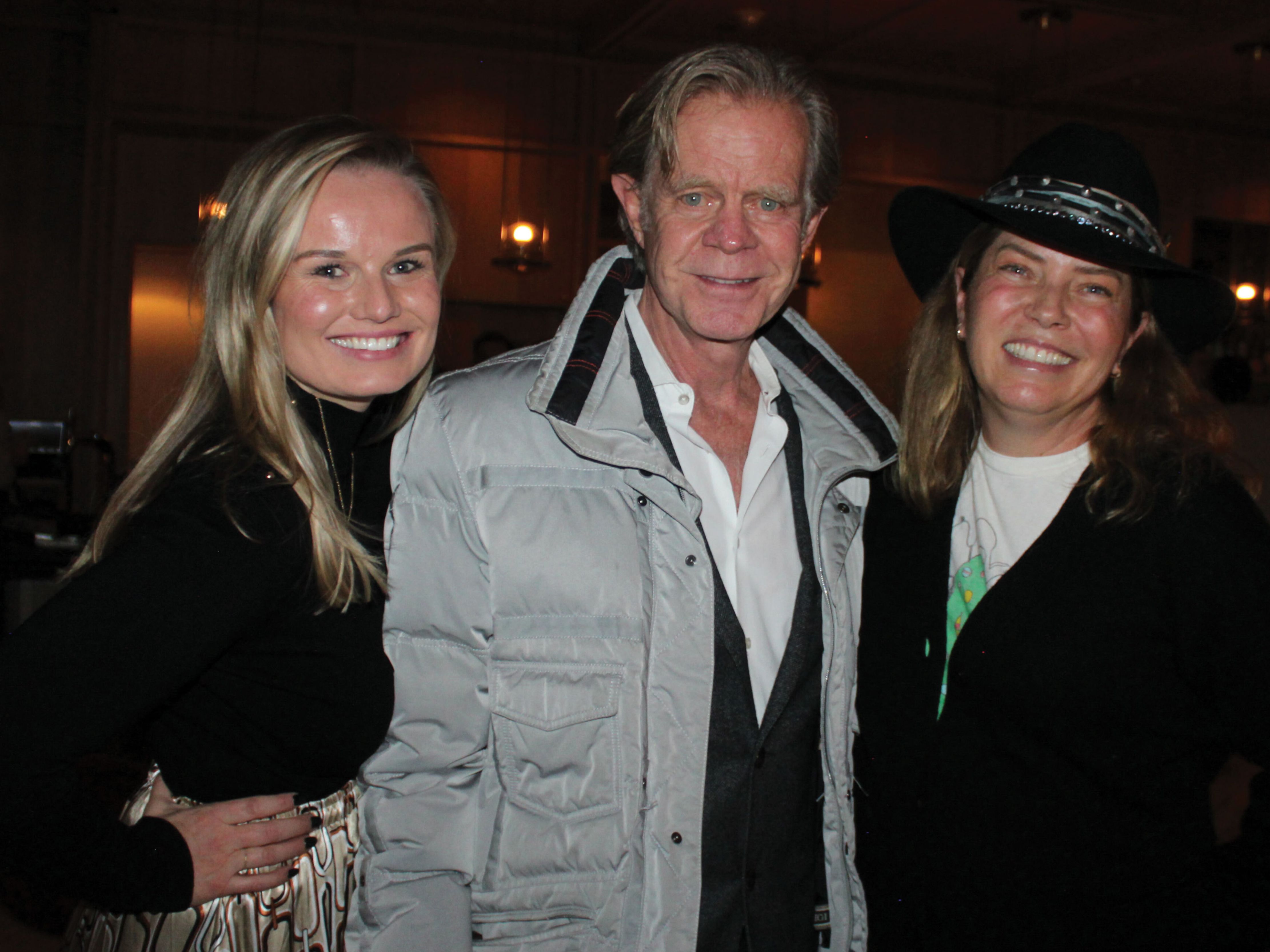What's the Big Idea?
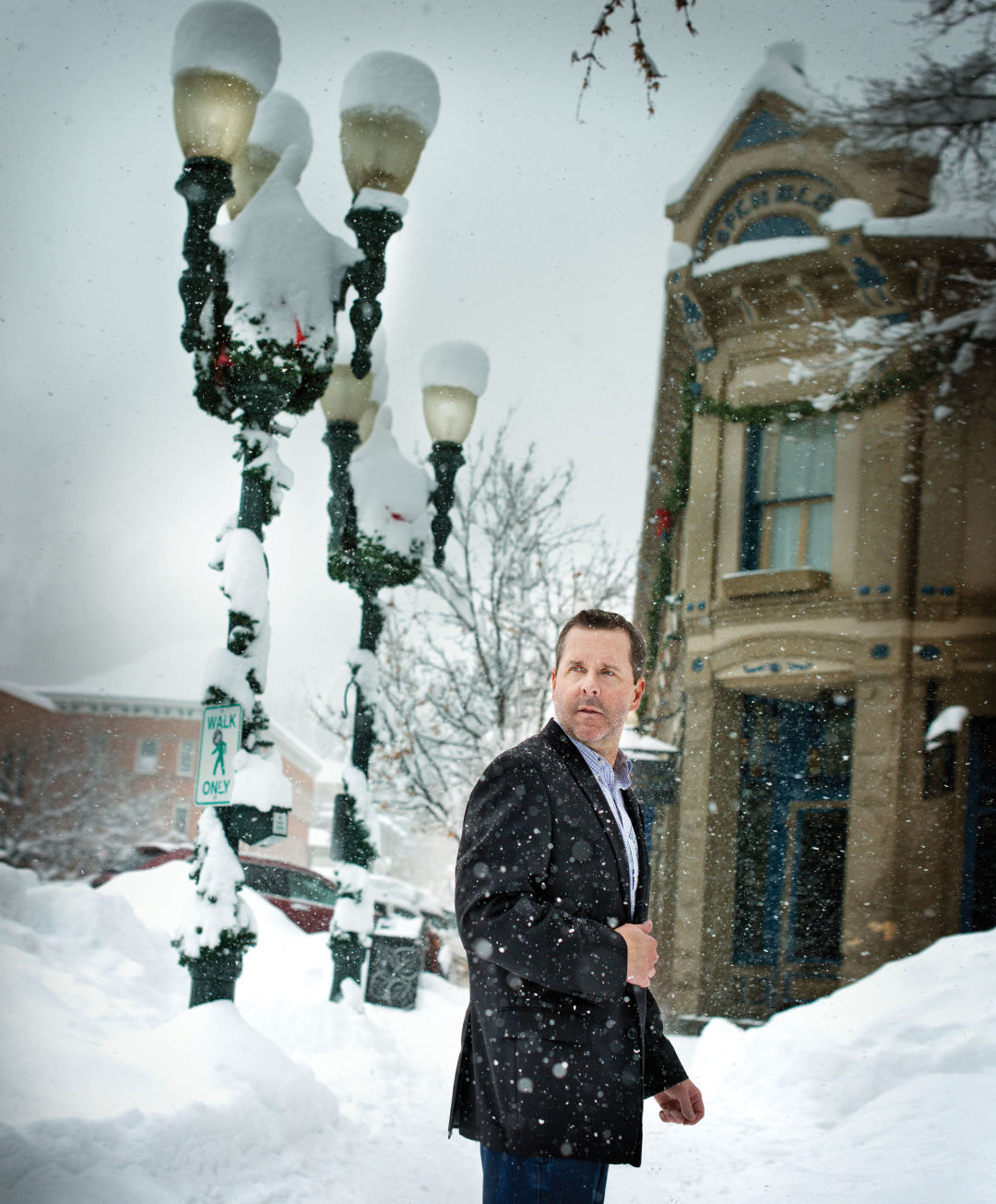
Person of Interest: Mike Jahn.
The Create Mentorship project struck a chord with Jahn, an independent IT consultant who previously worked in the IT departments of some of the valley’s biggest employers. “I’ve always been a connector,” he says (with no pun intended), “helping people identify opportunities. And in that vein of connecting the younger and older generations in the valley, there’s a real opportunity for that.”
Image: Karl Wolfgang
At a recent gathering of the Aspen Entrepreneurs and Investors Network, 20-some people sat rapt as Denver-based serial tech entrepreneur Toma Bedolla shared his theories on servant leadership and business in the digital age. The audience included longtime locals—in new or established careers—eager for inspiration and counsel at higher levels than they’re able to get in their jobs. One highly successful restaurateur and food service consultant mentioned how difficult it has been to find mentors in the Roaring Fork Valley. Another attendee, an angel investor and recent lifestyle refugee, had gravitated to the event hoping to meet like-minded people and share ideas.
“Entrepreneurship is the best engine to galvanize small or large groups to solve problems,” Bedolla told the group.
The following evening, the same hunger for professional inspiration was evident at the kickoff event for Create Mentorship Aspen, a new nonprofit that aims to foster professional success and strengthen the local business climate by matching successful mentors with aspiring mentees. A local real-estate agent spoke of seeking connections outside of his field and social circles, for both stimulation and learning opportunities. A self-employed engineer who takes on fix-it jobs for little or no pay was looking to gain “more business acumen.” And a successful writer turned branding expert told a group of would-be mentees that she wished to share her skills in “translating the creative to the financial.”
Both of these events are part of a wave of entrepreneurial energy sweeping the valley that is turning the historical model of how to get ahead in a ski town on its head. Aspen has always attracted smart, creative people and, more than most ski towns perhaps, served as an incubator of ideas. But until recently, the concept of entrepreneurship has been largely limited to businesses based on tourism, recreation, and second-home ownership. The people behind groups like the new entrepreneurs network and Create Mentorship recognize the potential—and even need—for businesses beyond that scope and hope to foster new economic growth.
The old model for newcomers to Aspen was to try out multiple low-paid service-industry jobs to support a ski habit. For those who decided to stay, the goals were simple: affordable housing and a higher-paying job—usually in the service industry—that still allowed ample time to recreate.
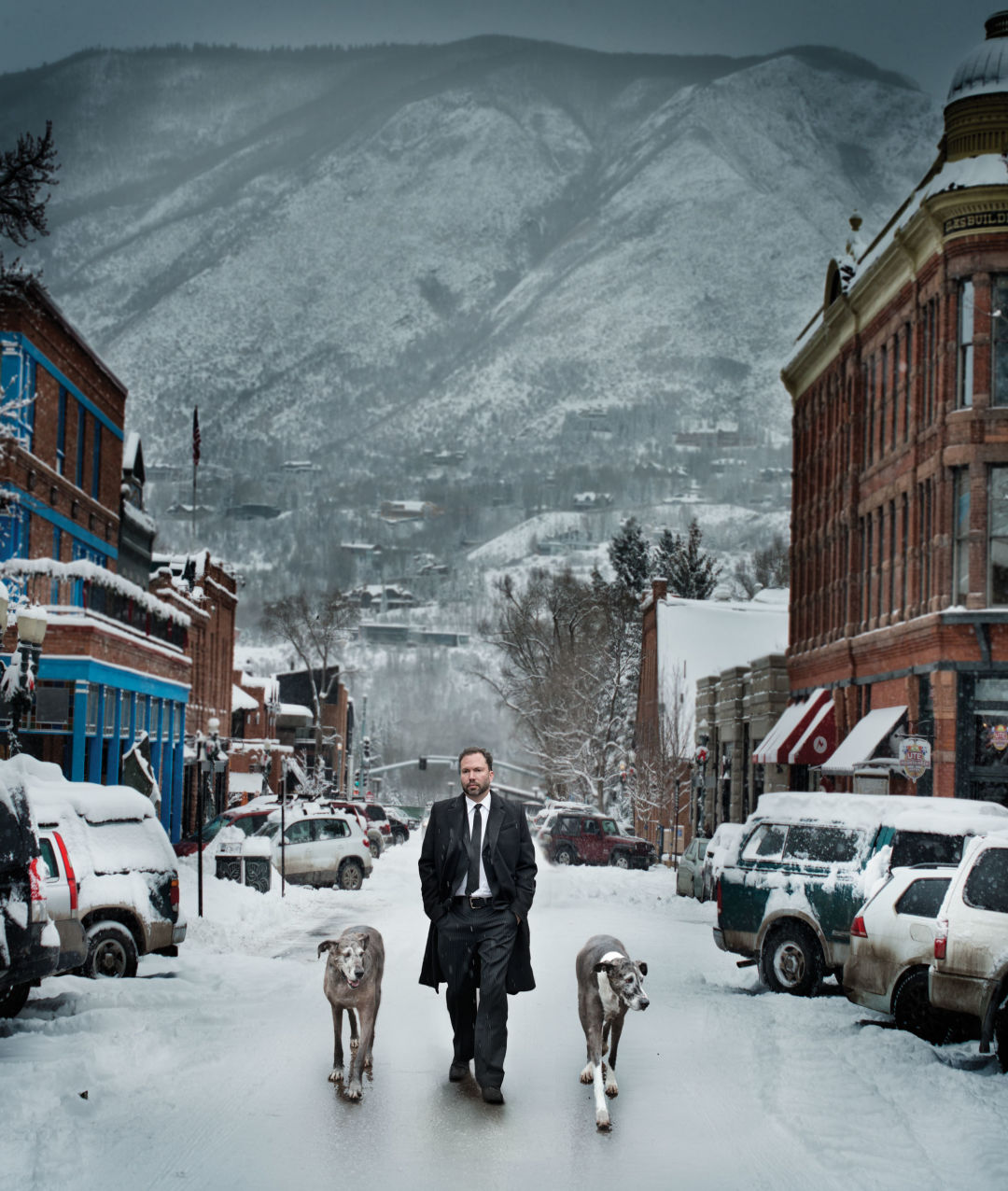
Person of Interest: Dave Mayer
Having experienced the collaborative energy in the tech entrepreneur community in Boulder, Mayer envisions a similar support network locallly. “We like to say that entrepreneurship is a global language that cuts across boundaries, wealth, nationality, and gender,” he says. “Creating a community that democratizes entrepreneurship is critical to the success of that community and to entrepreneurs.”
Image: Karl Wolfgang
Today, the goals are mostly the same: Housing remains the lynchpin to local longevity, and lifestyle often influences career tracks. And certainly the traditional model still applies to many. But technological advances that let people work from anywhere, along with a strengthening national economy, are driving a new surge of business development that may allow locals to achieve those goals according to their own design. Entrepreneurship has a long history here—witness brands like Obermeyer skiwear (founded in 1947), Flying Dog Brewery (1990), and High Society skis and snowboards (2003) that have expanded far beyond their Aspen roots—but most of those businesses were established within the traditional sectors. Lately a population that skews toward smart, creative, and driven, combined with new types of business opportunities, has resulted in an ideal environment for economic innovation in Aspen.
“We are living through a wonderful revitalization of the Aspen Idea,” says Skippy Mesirow, chair of the city of Aspen’s Next Generation Advisory Commission (NextGen), referring to the long-touted concept of nurturing mind, body, and spirit. “Through the use of technology, innovation, and the sharing economy, we are seeing a reintroduction of local business and a strengthening of our experience of community. This notion of being a world leader in thought and effect while being able to live the mountain lifestyle is what this town is all about. Aspen has the resources, the mindset, the intellect, an approachable scale, and the commonality of purpose needed to solve some of the world’s greatest problems, from climate change to educational reform to civic participation.”
Back at the Create Mentorship event, the vision was not quite so lofty. But the program, a NextGen project funded and supported by an impressive list of partners, does aim to nurture locals’ skills and talents, not only to increase economic diversity and sustainability but also to address brain drain.
“The idea was, how do we keep the young talent here?” NextGen member and Aspen Brewing Company cofounder Duncan Clauss told the 30 people gathered. “Aspen has this amazing talent pool of people who have been able to retire here and a young demographic of bartenders with engineering degrees who don’t want to be ski bums forever, and they don’t know how to transition from that to being professionals who can live long-term in Aspen.”
Create Mentorship Director Mike Jahn, whose half-time position is being funded by the city and Aspen Rotary this year, says his organization’s approach is to formalize previously informal relationships—with more oomph. He aims to arrange 50 successful mentor/mentee pairs per year who will have use of a custom software package to help them create and stick to goals. Mentors donate their time, while mentees pay a $200 fee.
The mentorship program is envisioned as one piece of a planned business incubator program, Create Roaring Fork, that would give “anybody who wants to build their business or create a nonprofit a pool of resources,” says Jahn, who emphasizes that creating more resources for individuals can strengthen the community as a whole. “This isn’t something to grow the size of the valley,” he explains. “We’re trying to work with people who have made the commitment to live here, to raise the performance of people already here. And that will serve the community well.”
When Dave Mayer, who builds teams for start-ups through his firm Technical Integrity, moved to Carbondale from Boulder a year ago, he noticed a similar energy around generating ideas and entrepreneurism, but no formal organization to help harness that energy like he’s seen in larger cities.
After several months of studying the community, talking to local decision-makers, and identifying the gaps, he created the Aspen Entrepreneurs and Investors Network to “bring together diverse opinions and create a long-standing community to support all these ideas,” says Mayer.
The organization now hosts a monthly showcase, launched last November, with talks by successful entrepreneurs and networking opportunities. Forty-four people showed up for the first event, which featured a conversation between Clauss and serial entrepreneur, investor, and nonprofit builder George Stranahan. The second event drew more than 50 people to the Aspen office of cloud media-processing service Encoding.com for a discussion hosted by Greg Heil, its founder and CEO, and Rick Crandall, a successful technology entrepreneur and venture capitalist.
There’s a symbiotic relationship between the various entrepreneurship stakeholders, as Mayer’s growing network is a source of mentors and, occasionally, mentees for Create Mentorship, while Clauss and NextGen’s Mesirow work with Mayer to find speakers for the showcases. Mayer believes that creating a nurtured “meritocracy of ideas” will help all local businesses and shrugs aside any notion that these efforts may detract from the community’s core service and tourism-oriented economy. “We are in a global economy whether you live in Aspen or Mumbai,” he says. “The biggest goal I have is to create a safe, honest, open place for people to bring ideas, share ideas, to make Aspen a better place than it already is. It’s already known for great skiing and recreation, think tanks, and tons of ideas. I want it to be known as a great place for entrepreneurs to create solutions.”
One of the biggest barriers to entry for local entrepreneurs is—no surprise—sky-high commercial rents. That inspired the collaborative office component, Clauss points out, of the Aspen Power Plant, a city-approved concept for the old hydroelectric plant that once housed the Aspen Art Museum (and now temporarily houses the Pitkin County library). Affordable office spaces, meeting areas, and the chance to interact with other professionals—modeled after successful coworking spaces in larger cities—are all part of the plan to support those needing more than a desk at home while spurring innovation.

Image: Karl Wolfgang
Meanwhile, Aspen Mayor Steve Skadron and some city staffers seek to capitalize on the growing craze for uphill skiing, attempting to convince companies who manufacture ski mountaineering equipment to make Aspen their go-to product testing grounds or even relocate here. Skadron’s vision for working within Aspen’s recreational culture may differ slightly from, say, Mayer’s desire to create new local industries, but the goals are the same. “There’s a big opportunity here to capture part of Aspen’s skiing roots,” says the mayor, adding that “it’s about economic development without the development,” a reference to the polarizing debates that sometimes accompany commercial proposals in town.
Skadron, like others, agrees that Aspen’s main attribute is its people, who throughout Aspen’s history have turned entrepreneurial ideas into long-lasting local and national institutions—from mining baron Jerome B. Wheeler, who built the Wheeler Opera House, to town father Walter Paepcke and his Aspen Institute to Stranahan, whose latest nonprofit, the Manaus Fund, was created to help nonprofits become more entrepreneurial and sustainable.
Granted, Aspen has its limitations, no matter how entrepreneurial the population: it’s a small town where, often, successes like peak bagging are celebrated more than career advancement. But with the resources and inspiration provided by organizations like Mayer’s networking group and Create Mentorship, it’s exciting to think that the next hot company may be born not in Silicon Valley but in the Rocky Mountains.







